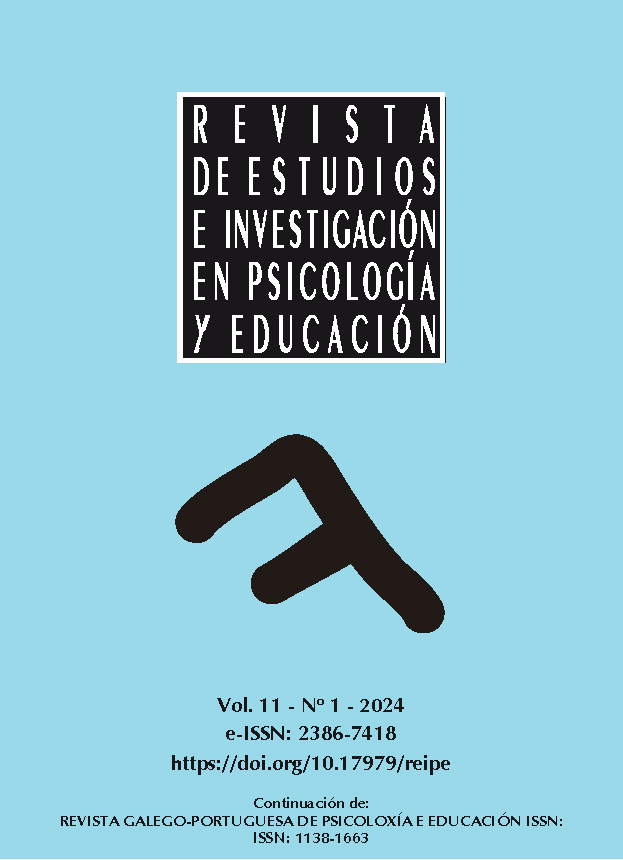Relationship between the use of legal and illegal substances and the existence of psychopathic traits among Portuguese university students
##plugins.themes.bootstrap3.article.main##
Abstract
The excessive use of illegal substances can impact negatively on an individual’s quality of life and is therefore a predictor of psychopathy. The combination of substance use and psychopathy can have detrimental consequences and lead to an increased risk of the persistence and severity of substance use. University students appear to be at greater risk of consumption of illegal substances owing to availability and possible ease of access. The aim of this study is to analyse the relationship between the use of legal and illegal substances and the existence of psychopathic traits in a sample of 487 students of both sexes, aged 17-49 years, from social sciences degrees at a public university in Portugal. The data for the study were collected using the Psychopathy Self-Assessment Scale (SRP-III), the Drug Abuse Screening Test (DAST) and a short sociodemographic questionnaire. The results suggest an association between consumption and psychopathic traits (values r = .18 to r = .37), which confirms the need for early detection of addictive behaviours among young people. The results also show slightly higher substance use by males (M = 1.01; DP = 1.33) compared to females (M = 0.52; DP = 1.14). The study concludes by recommending the creation of intervention programmes aimed specifically at young adults in a university context in order to prevent or intervene in the use of illegal substances.


